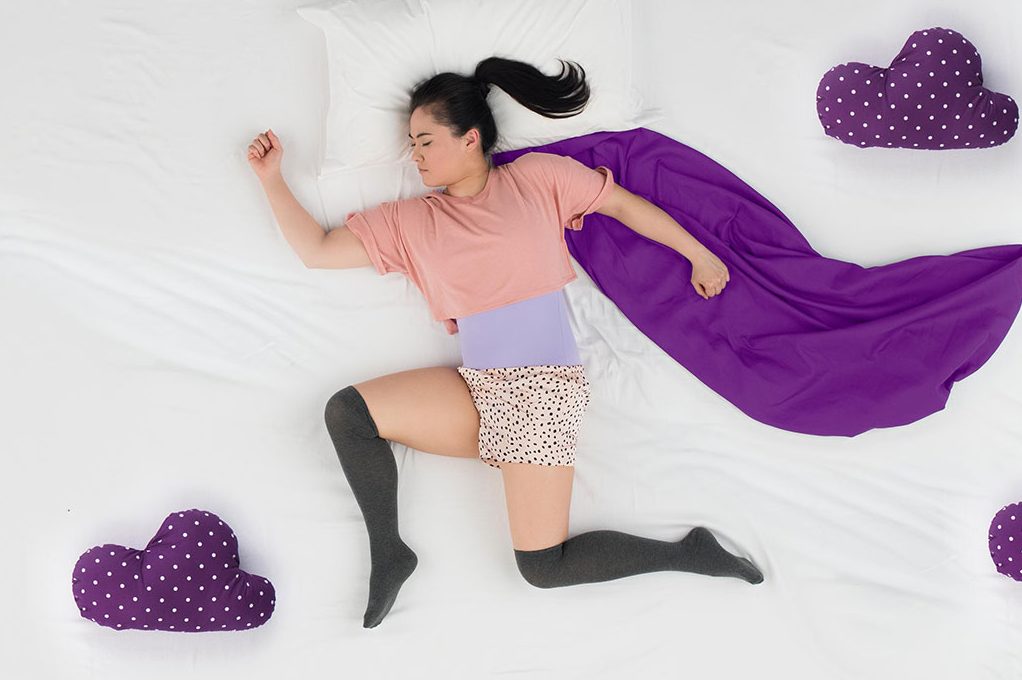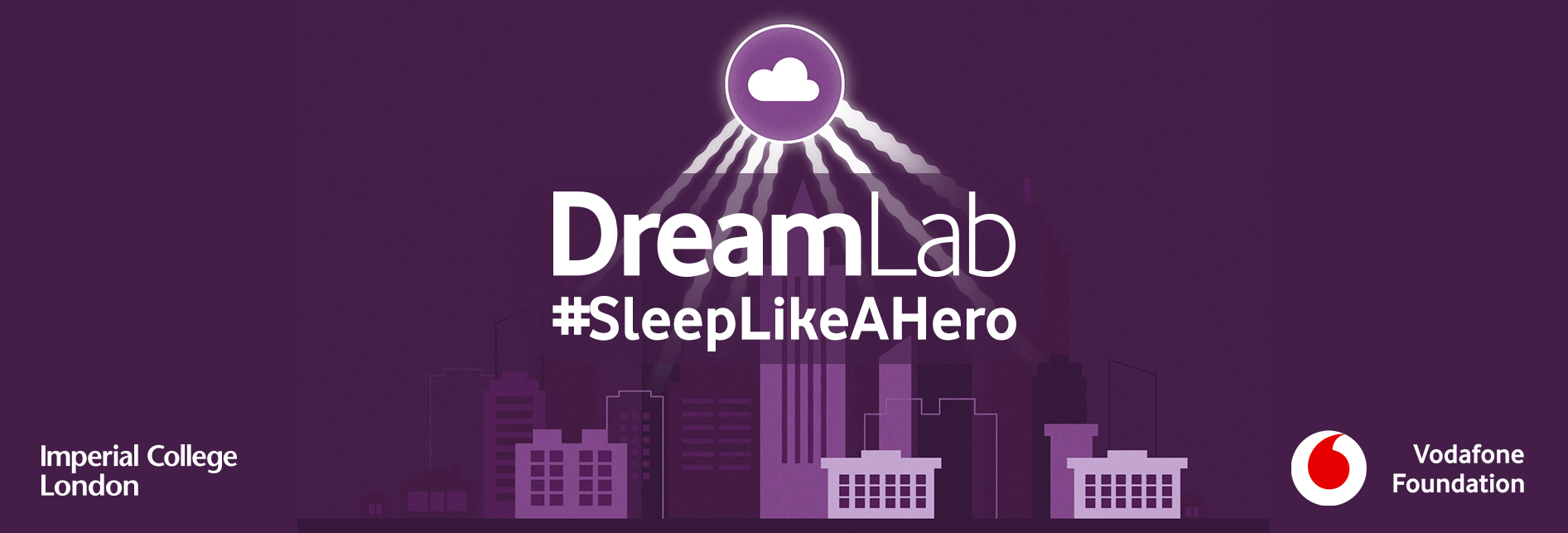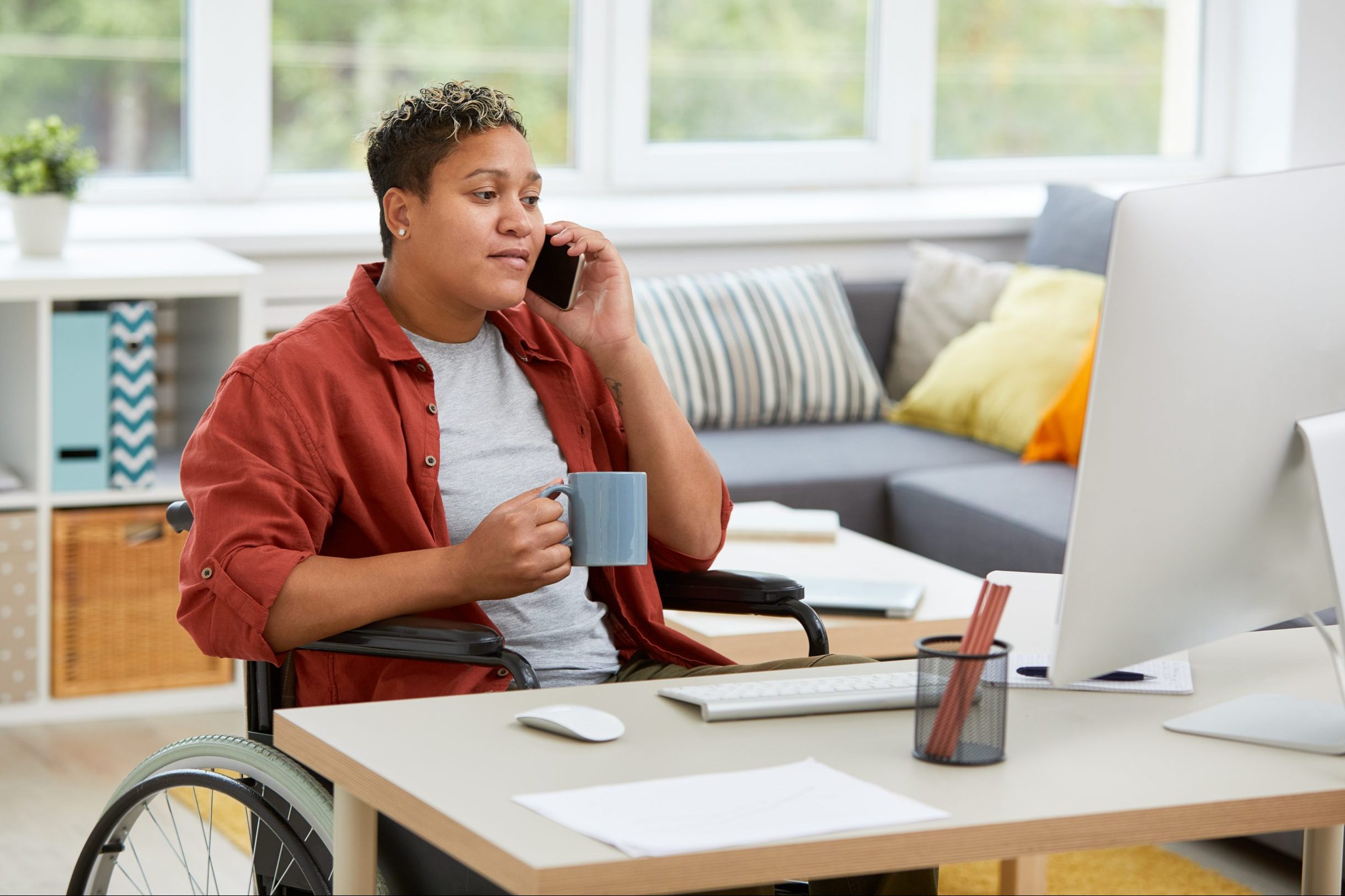
DreamLab calculations are changing the face of cancer research, but how can you get even more sleep, and make even more of a difference? Here's how...

There aren’t many opportunities in life to do something amazing by doing nothing at all. But with DreamLab, the Vodafone Foundation’s game-changing, cancer-fighting app, that’s exactly the case – just plug in your phone and head to the land of nod, and you’ll be helping the cause.
The ‘cause’ here is calculations – important cancer research ones that would take a lifetime to do otherwise. And we’ve recently hit a massive milestone: two million of them. Read on to find out more, learn how you can help, and to get some top tips on how to improve your sleep all at the same time…
Mobile mathematicians
Missed the news? The DreamLab app, available now on Android and iOS, busies itself while you’re asleep, using your phone’s processing power to perform calculations that help in the fight against cancer. Each calculation helps researchers match patients’ genetic profiles to cancer treatments, helping find new combinations of existing drugs and – ultimately – enabling tailored treatments for patients.
Download the DreamLab app and #SleepLikeAHero
– Get it here on Android, and here on iOS
And we’ve recently hit a landmark two million DreamLab calculations – in just over two months! That’s incredible news, but it’s even more amazing when you consider what it means in man hours; those two million calculations would take one scientist eight whole years on a standard desktop computer.
It’s the power of crowdsourced science in action, but there’s still a long way for us to go, and still plenty more ways to justify getting an early night here and there…
The secrets behind better sleep
Back in May, Hollywood’s John Boyega answered ‘the call’, and has since realised you don’t need a lightsaber or any superhuman powers to become a hero; all it takes is the DreamLab app and 40 winks.
Now he’s back to help you do the same, and to let you in on the secrets of an awesome night’s sleep. Which is handy really, because – in DreamLab terms – a little bit of extra shuteye goes a very long way.
In fact, if 100,000 app users slept for just an extra 15 minutes, the app would generate approximately 100,000 extra calculations a night, helping Imperial researchers conduct even more valuable cancer research.
So how can you kip for longer? We spoke to sleep expert and author of The Good Sleep Guide, Sammy Margo to get her top five tips :
1. Ready your bedroom
“For the best chance of a quality night’s sleep, make your bedroom a safe haven to rest and recover. It should be cool, quiet and dark. A temperature between 16-18°C is perfect, and certainly no higher than 21°C. Ensure that it’s quiet and, if not, invest in some noise cancelling ear plugs.
“And think about black out blinds or invest in a comfortable eye mask to minimise any light. Make sure your feet aren’t too cold, even though the rest of you should be cool. Research has shown that having cold feet can actually disturb your night’s sleep. Invest in a pair of bed socks to keep your feet warm and prevent night time awakening.”
2. Indulge in snooze foods
Foods that contain tryptophan can help to promote restful sleep as it’s the catalyst to the ‘sleepy hormone,’ melatonin. So try to include some of these foods as part of your evening meal. Bananas, for example, are practically a ‘sleeping pill in a peel’, while turkey is one of the most famous sources of tryptophan.
“Marmite, almonds, oatmeal and warm milk are also effective, particularly when combined with carbohydrates. This means something like Marmite or bananas on toast are great evening snacks if you’re struggling to get to sleep.”
3. Know your stimulant and sedative cycles
“Although alcohol can help you feel relaxed, it may prevent you from getting into the deeper healing stages of restorative sleep, which is crucial for recovery. Conversely, caffeine is a well-known stimulant, so consider avoiding drinking it between three and eight hours before bedtime, depending on how sensitive you are to its effects.”

4. Relax!
“There are several proven techniques to help you unwind, one of which is called Progressive Muscle Relaxation (PMR). PMR is a great way to help you unwind and prepare your body for sleep. It involves tensing and relaxing your muscles from your toes to your forehead.
“Squeeze each muscle group for a few seconds then release and relax for ten seconds before moving onto the next, all the while taking deep breaths in and out. Studies have shown that PMR can reduce cortisol levels, a steroid hormone associated with stress that can play havoc with your ability to get to sleep.”
5. Early to bed
“If you really are on a quest to get a quality night’s sleep, try going to bed earlier. In an ideal world you’d be tucked up by 9.30/10pm. Early into the night time sleep cycle, usually between 10.30pm and 3am, you have the greatest surge of growth hormone – which means that physiological repair is at its peak.”
So there you go! The science behind a better night’s sleep laid bare. And, hey, if the DreamLab app crunches a few more calculations at the same time, all the better!




